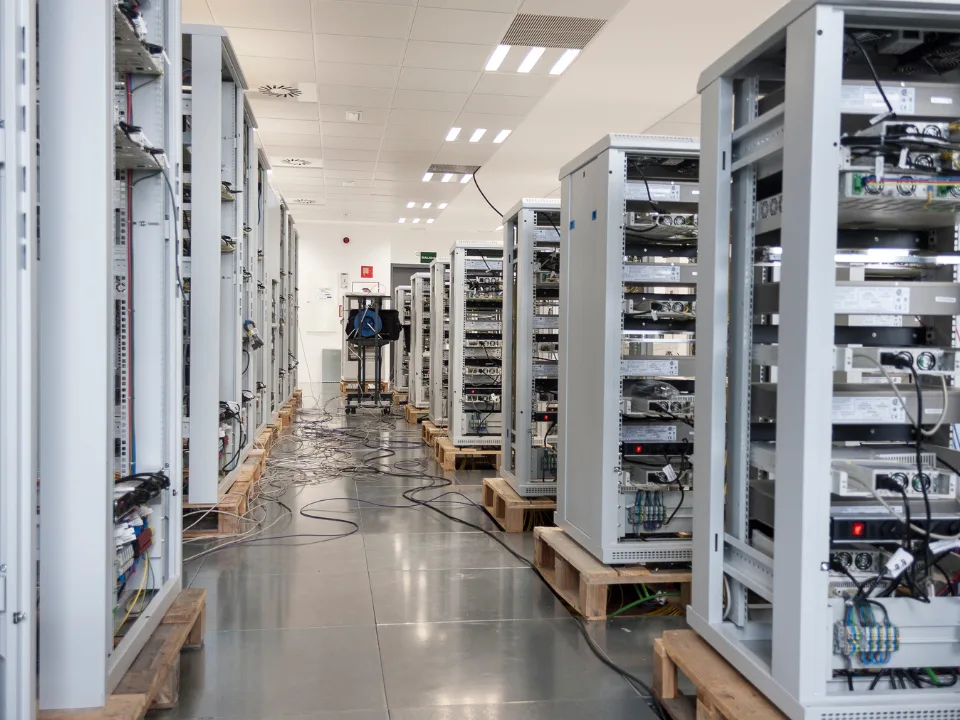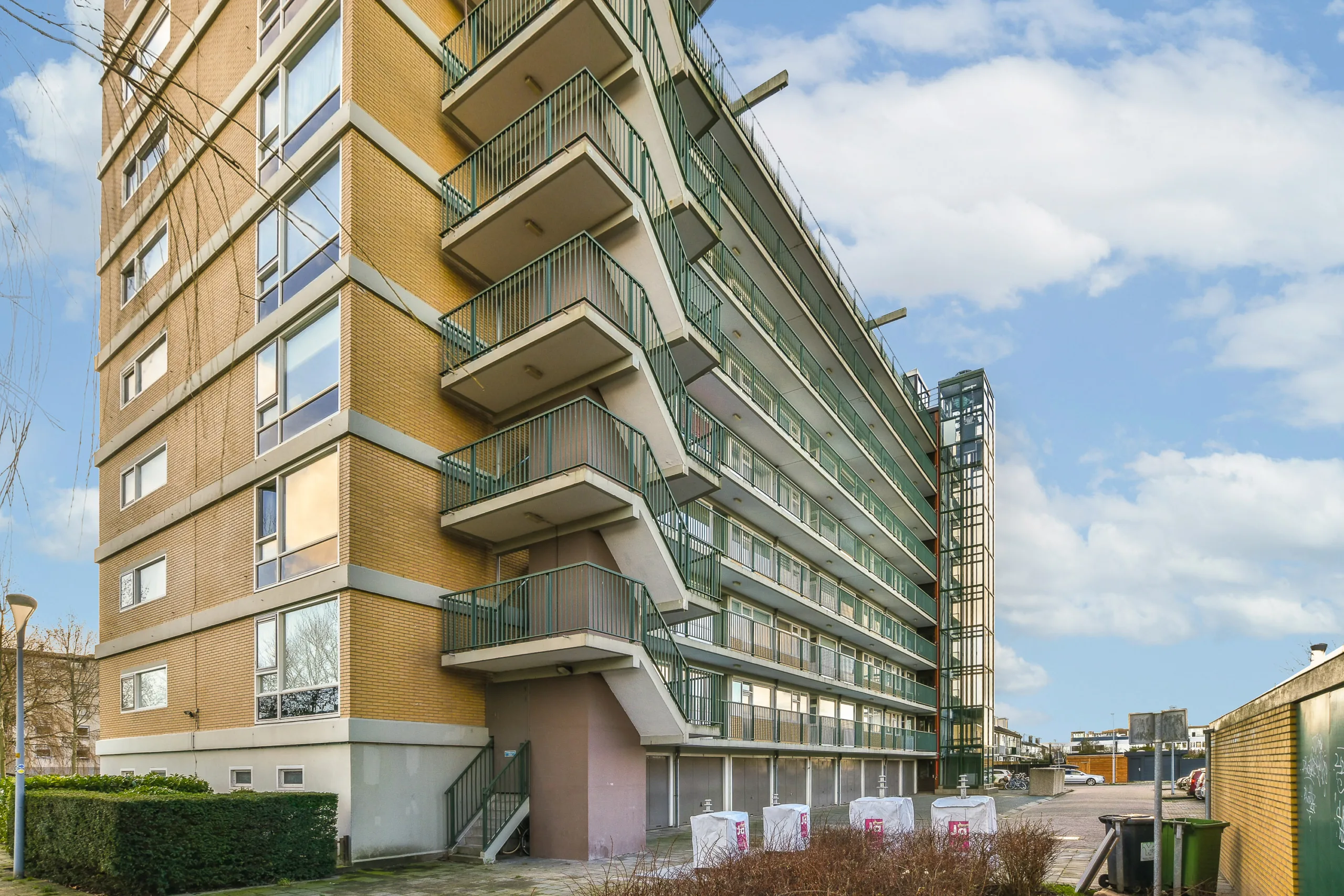- Richmond’s data center capacity surged from 100 MW to over 800 MW in the first half of 2025 — more than any other U.S. market.
- Richmond’s data center capacity surged from 100 MW to over 800 MW in the first half of 2025 — more than any other U.S. market.
- Despite the boom, increasing community opposition and power constraints are starting to challenge future development.
A Regional Powerhouse Emerges
Richmond has seen a stunning sevenfold increase in data center capacity in just six months, growing faster than Dallas and Chicago combined, according to Bisnow. Developers are capitalizing on available land, natural gas infrastructure, and favorable grid access as they move south from Northern Virginia’s overcrowded Data Center Alley.
A Wave of Megaprojects
Over 9 gigawatts of new colocation and hyperscale development are either planned or underway in the region. Amazon has proposed over 1,600 acres of new campuses across multiple counties, while other players like Meta, QTS, DC Blox, Iron Mountain, and Blue Owl Capital are also staking claims in the area.
Get Smarter about what matters in CRE
Stay ahead of trends in commercial real estate with CRE Daily – the free newsletter delivering everything you need to start your day in just 5-minutes
Secondary Market Surge
Richmond’s rise reflects a broader shift toward secondary and rural data center markets with better access to grid power and natural gas. According to Avison Young, nearly half of the largest data center deals last quarter were in nontraditional locations.
The Backlash Begins
Despite early enthusiasm, local resistance is building fast. In Henrico County, new zoning rules were imposed in June after resident pushback. Chesterfield and Louisa counties have seen projects withdrawn or scrapped due to mounting concerns about environmental impact, utility costs, and rural preservation.
Why It Matters
Richmond’s transformation from digital backwater to major infrastructure hub underscores the industry’s power challenges. With Northern Virginia near capacity, secondary markets like Richmond are key to sustaining digital growth. However, without community support and infrastructure investment, the region’s momentum may be short-lived.
What’s Next
Developers are expected to continue pursuing projects in Richmond and other secondary markets like Pennsylvania, where on-site generation and remaining grid capacity offer new opportunities. But managing public concerns and securing sustainable energy access will be critical to keeping these fast-growing hubs on track.

















